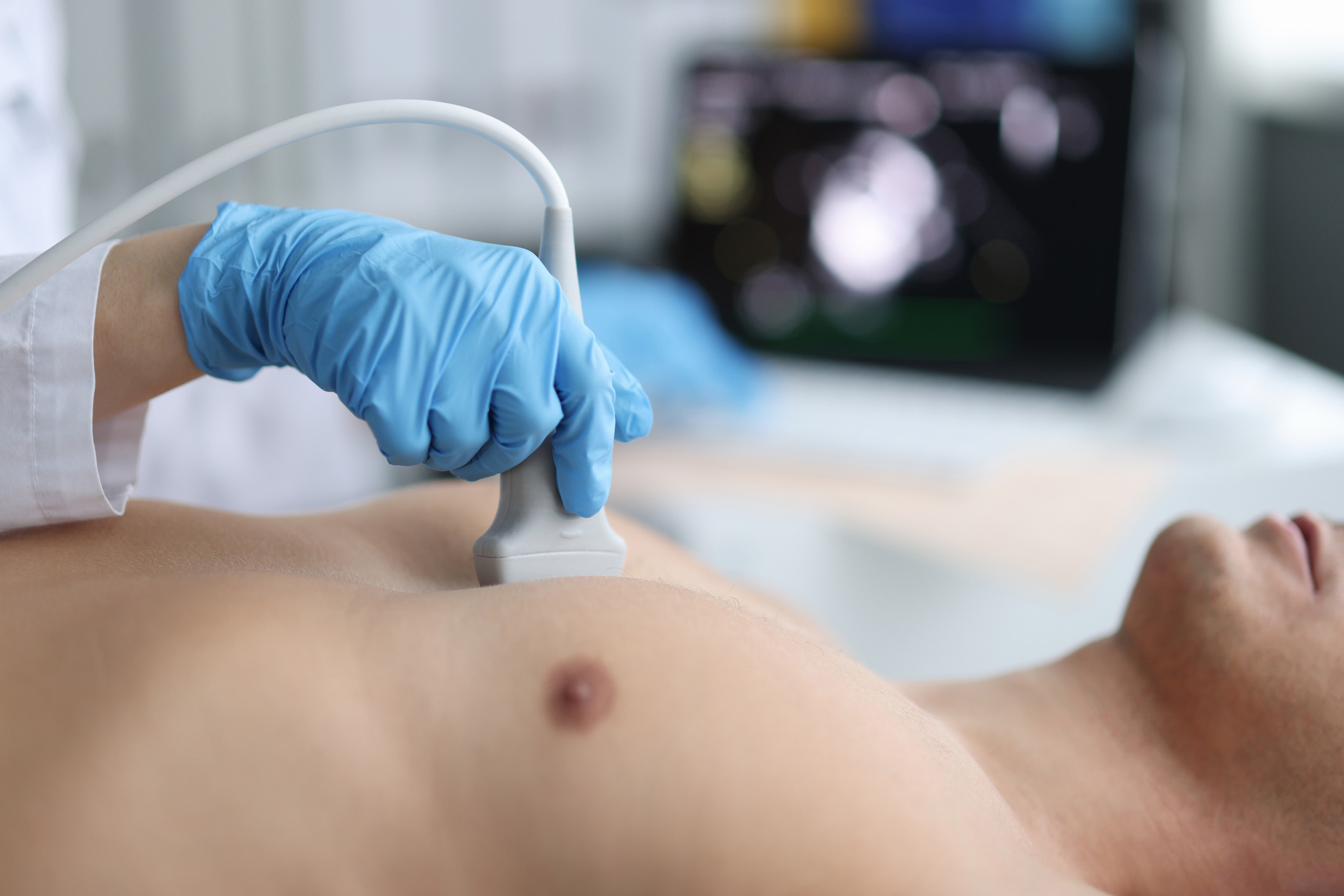When you have hypertrophic cardiomyopathy (HCM), it’s quite common to remain unaware of your condition for years, or even decades. That’s because when and how you experience HCM symptoms can differ significantly from the next person, or you may not experience any symptoms at all. This can make diagnosing and treating HCM more difficult.
At the WMCHealth Hypertrophic Cardiomyopathy (HCM) Program, our cardiologists are nationally certified and recognized in providing hypertrophic cardiomyopathy treatment to those with even the most difficult and challenging HCM conditions. Each year, they see more than 1,000 patients just like you, from New York and beyond. When you come to WMCHealth, you receive around-the-clock care for all your hypertrophic cardiomyopathy needs—in one place, all from a dedicated team committed to your health.
What Is Hypertrophic Cardiomyopathy?
Hypertrophic cardiomyopathy is a significant type of heart disease that can cause thickening and stiffness of your heart muscle. This makes it harder for your heart to pump blood to the rest of your body.
How Common Is HCM?
Previously considered rare, HCM is now known to affect 1 in 300 people of all ages, genders, and races. HCM is usually caused by an inherited genetic variant (familial hypertrophic cardiomyopathy) and is inherited by 50% of all family members.
Can HCM Skip a Generation?
While the genetic variation itself does not bypass generations, the expression (or the “activation”) of the disease sometimes does.
Risks of Hypertrophic Cardiomyopathy
It’s possible for you to live a normal life with HCM, as do most people with this condition. However, hypertrophic cardiomyopathy can also put you at risk for developing life-threatening heart conditions. These include:

- Heart failure, a long-term condition in which your heart is still working but doesn’t pump blood as well as it should. As a result, blood builds up in other parts of your body like your lungs, legs, and feet. This condition typically develops in older patients with hypertrophic cardiomyopathy.
- Sudden cardiac arrest, a sudden loss of heart function caused by an excessively rapid heartbeat (also called ventricular tachycardia).
- Sudden cardiac death, in which your heart suddenly stops all activity because of an irregular heart rhythm. This condition typically develops in younger patients (under 35 years of age) with hypertrophic cardiomyopathy, especially athletes.
Receiving a proper diagnosis from our WMCHealth Hypertrophic Cardiomyopathy Program cardiologists is critical in detecting related heart conditions that can affect your quality of life. We have the medical expertise to help you navigate this condition effectively.
Diagnosing HCM
Our WMCHealth Hypertrophic Cardiomyopathy Program cardiologists specialize in understanding and managing all aspects of your hypertrophic cardiomyopathy condition. Before recommending a treatment plan best for you, our HCM team will gather details to understand the unique aspects of your heart health. To start, we will give you a physical exam and ask questions about your family history.
Our cardiologists may also recommend several tests to confirm a diagnosis. These tests include:
- Advanced imaging: An echocardiogram can show whether your heart muscle is thicker than it should be, as well as how efficiently your heart is pumping blood. When an echocardiogram doesn’t provide clear results, your cardiologist may recommend a cardiac MRI. A cardiac MRI can more accurately measure the thickness of your heart muscle and help rule out other heart conditions.
- Monitoring devices: A Holter monitor or an internal loop recorder can record your heartbeat over a period of time. Your cardiologist then evaluates these recordings to detect or determine your risk of irregular heartbeats.
- Stress testing: A stress test can show how well the heart functions under physical exertion, which can determine your risk for a heart attack. It can also detect irregular heartbeats. At WMCHealth, we use an Exercise Stress Treadmill Test (ETT) to determine your risk for sudden cardiac arrest and to recommend scheduling for invasive therapies for treatment.
- Invasive imaging: A transesophageal echocardiography can give a more detailed view of your heart’s structure and how well it’s functioning by gathering up-close images from inside your body.
Treatment of HCM
While there is no cure, our goal is to help you manage your hypertrophic cardiomyopathy so that you can live an active and fulfilling life. We believe that helping you gain a thorough understanding of your condition is just as important as any treatment regiment. Your knowledge paired with our treatment options allow you to receive the highest standard of care tailored to your specific situation.
Treatment options we offer include:
- Adopting healthier lifestyle changes, including diet and exercise
- Medications to help regulate and control your heart’s rhythm (beta blockers, calcium antagonists, or antiarrhythmic drugs) or to help prevent blood clots (anticoagulants) that can lead to a heart attack
- A medical device, such as an implantable cardioverter defibrillator (ICD) or a pacemaker
Should the above treatment options not alleviate your symptoms, we offer advanced procedural treatments:
- Alcohol septal ablation to shrink your thickened heart muscle.
- Septal myectomy to remove your thickened heart muscle.

At WMCHealth, you can get life-saving treatment for HCM that is unmatched by any other hospital. Through our HCM Program, we are one of a few hospitals nationwide to offer the alcohol septal ablation (ASA) procedure. This procedure is performed by Srihari S. Naidu, MD, a highly regarded and widely respected doctor who is trusted with educating other surgeons on ASA techniques.
